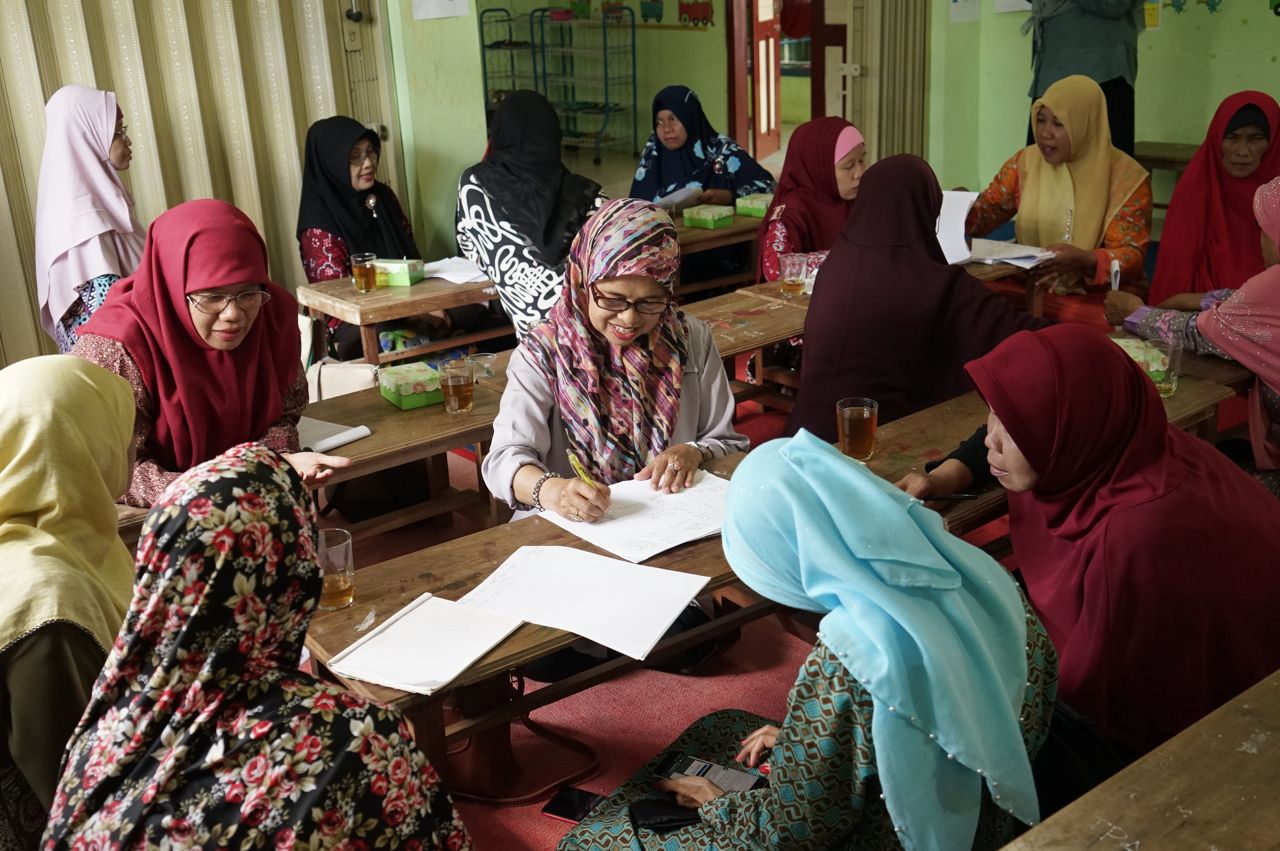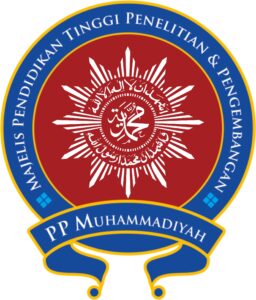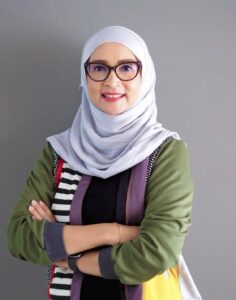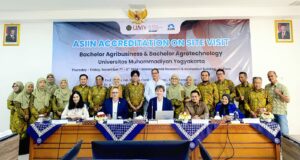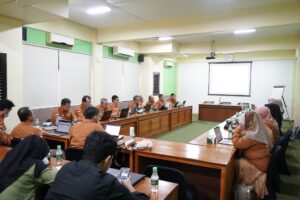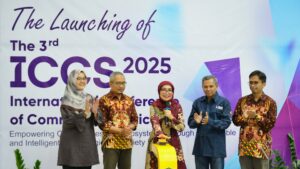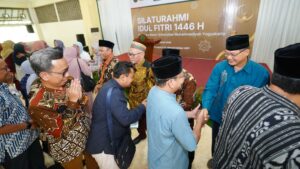Diseases can affect many people regardless their ages and conditions. Colorectal cancer is one of the diseases that can assail elderly people. However, the disease does not rule out a possibility to attack young people. Colorectal cancer can come from many factors that happen in daily life. Departing from the circumstance, Department of Medicine of Faculty of Medicine and Health Science of Universitas Muhammadiyah Yogyakarta (UMY) conducted a community service on Monday (7/4) to anticipate the emergence of the disease. The community service was performed by two lecturers of Department of Medicine of UMY who target all Aisyah cadres of Bodeh, Gamping, Yogyakarta.
Two lecturers of Department of Medicine of UMY, Yoni Astuti, M.Kes., Ph.D and dr. Indrayanti, Sp. PA explained factors that can cause the colorectal cancer. “Age is one of the notable factors to cause the colorectal cancer. The risks of cancer can increase as people get older. The disease can affect people aged 50 years and over. Besides age, lifestyle also contributes as one of the factors to cause the colorectal cancer. People tend to commit bad lifestyles such as lack of exercises, lack of fibers and fruits intake, and a habit to consume unhealthy foods and drinks,” revealed Yoni.
Yoni added, “To comprehend more on the risks, we conduct a training to collect samples. We also assist people to take the samples so that the cadres can conduct a screening to local communities. We also collaborate with women of Aisyiyah of Gamping to forward the erudition to the local communities.”
Yoni detailed that they divided the community service into three stages of implementation. She also mentioned that the implementation possessed different material distributions. Yoni continued, “We have held three meetings. The first meeting was a basic introduction to colorectal cancer such as signs, causes, people who are at risk to get infected, and efforts to overcome the disease. On the second week, we presented a training to collect samples and then accumulated results of the samples on the third week. We also invited an analyst from a Biochemist Laboratory to examine feces collected from the participants. After all participants solicit their feces, they should inform us what kinds of food they consume in the past three days. We can help to analyze the food nutrition.”
“We are still analyzing the nutrition. The result will be announced on April 19. For today’s meeting, we conduct a training to serve proper food so that all cadres can measure and calculate calories and nutrients according to people’s daily needs. Although we conducted the meetings in few days, hopefully we can keep continuing the examination of the colorectal disease in the future,” ended Yoni.
